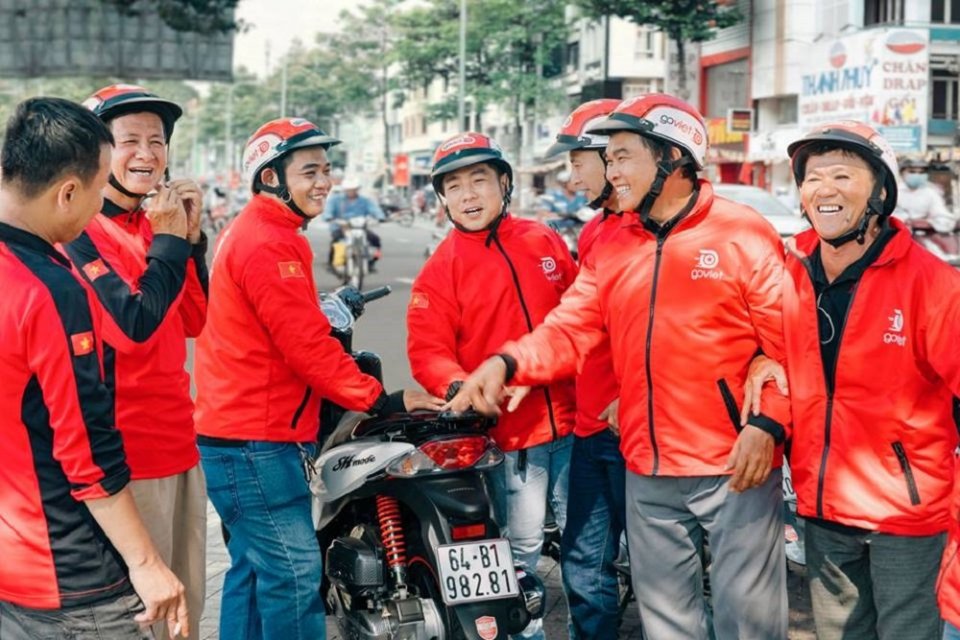Indonesian ride-hailing unicorn Go-Jek is now officially operating in Ho Chi Minh City, Vietnam, under the name Go-Viet. It’s a separate app and is now downloadable on Google Play and the Apple App Store, according to the company. However, you need a Vietnamese phone number to open an account.
In May Go-Jek announced a US$500 million expansion plan to enter four SE Asian countries, including Vietnam, Thailand, Singapore and the Philippines, as the Jakarta-based firm is stepping up the rivalry with its Singapore-headquartered counterpart Grab.
Last month, Go-Jek already did a test run in Vietnam, but that was within a limited scope, offering its services for free to 500 pre-registered users.
Go-Viet will only offer motorcycle taxi rides and courier services for now, says an Indonesian news site (link in Indonesian). That’s far cry from the many services, like food delivery, on-demand groceries shopping, and bill payments Go-Jek has added over the years for its customers in Indonesia since its launch in early 2015.
This is the first overseas expansion for Go-Jek. It’s expected to launch in Thailand next. In its tough rivalry with Grab – the other Southeast Asian native ride-hailing colossus – the latter’s advantage is that it already has teams all over Southeast Asia. As the newcomer, Go-Jek will have to win users over by offering promotions – or a significantly superior user experience. This seems to be part of Go-Jek’s determination to come across as a very local brand. In contrast with Grab, Go-Jek is not going for a seamless experience in all of Southeast Asia.
As a result, it doesn’t look like users of the Go-Jek app will be able to simply switch on to Go-Viet if they travel to Vietnam, or vice versa.
The Indonesian startup has had a stellar growth story at home, raising over US$2 billion from investors like Tencent, KKR, JD, Meituan, and Google, according to CrunchBase, but it has yet to prove it can operate outside of its home turf.
Grab is backed by some of the world’s most powerful companies and investors, like Softbank, Didi, and Toyota – amounting to a total of US$5.1 billion. It still has to deal with the repercussions of its recent merger with Uber’s Southeast Asia operations, which was under close scrutiny by regulators in some SEA countries.
Both companies can be expected to quickly expand into the food delivery business across Southeast Asia – this is Go-Jek’s strong suit at home. By taking over Uber Eats, Grab has a chance to fast-track growth in this arena, though it has put less emphasis on food delivery than Go-Jek in the past.
Editor: Ben Jiang
